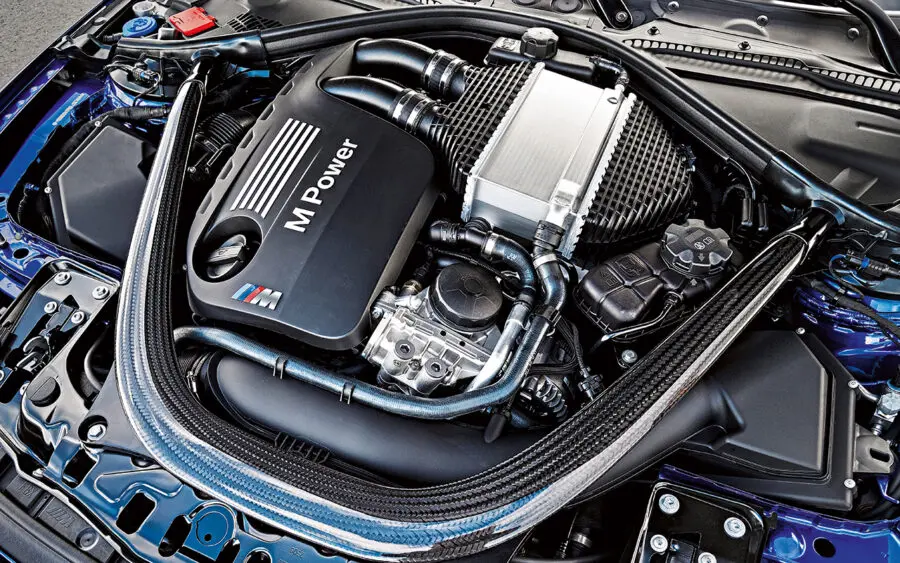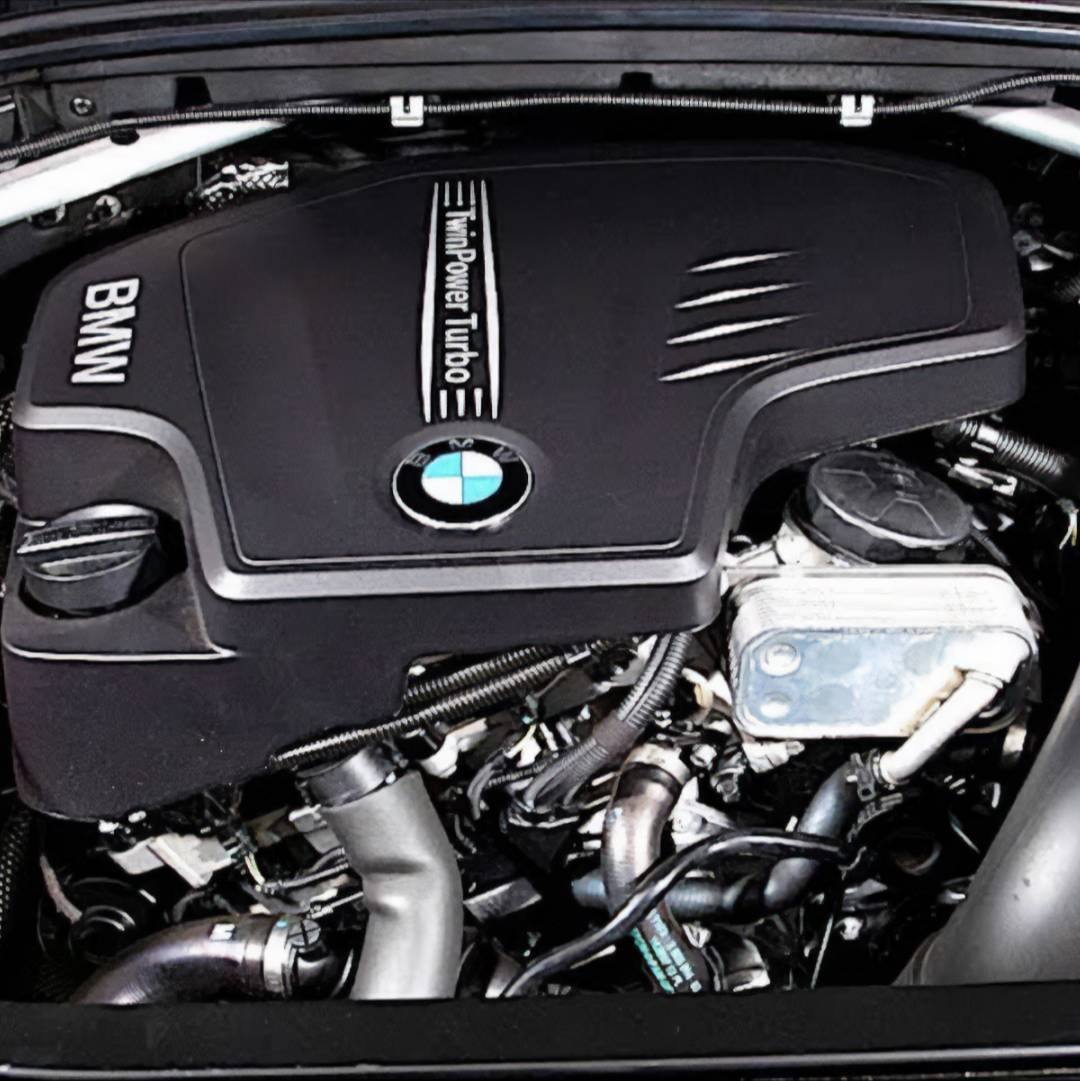A Comprehensive Overview to Understanding BMW Engine Specifications
A Comprehensive Overview to Understanding BMW Engine Specifications
Blog Article
Unveiling the Intricacies of Next-Generation Power Units: a Deep Dive Into Advanced Engine Designs and Technologies
As we stand on the precipice of a brand-new age in transport, the ins and outs of next-generation engine layouts beckon us to discover the innovative technologies and advancements that guarantee to redefine the driving experience. Delving much deeper into the realms of exhaust control, smart engine administration systems, and the horizon of power system development, we discover ourselves on the cusp of a makeover that promises to reshape the landscape of mobility as we understand it.
Advancement of Engine Materials

The change towards advanced engine materials has also enabled engineers to create engines with greater power results while keeping fuel effectiveness requirements. The use of lightweight materials decreases the general weight of the engine, leading to enhanced gas economic situation and reduced exhausts. In addition, developments in materials innovation have actually permitted for better thermal management within engines, resulting in increased integrity and longevity.
Turbocharging and Supercharging Technologies
How do Turbocharging and Supercharging Technologies reinvent engine performance and efficiency in modern-day automobiles? Supercharging and turbocharging are modern technologies that substantially improve engine efficiency by raising the amount of air intake right into the combustion chamber. Turbocharging attains this by using a generator driven by exhaust gases to pressurize the consumption air, while turbo charging utilizes a belt- or chain-driven compressor to accomplish the same result.
These modern technologies make it possible for smaller, more fuel-efficient engines to produce power equal to larger ones, known as downsizing. By forcing more air right into the cylinders, turbocharging and turbo charging improve burning effectiveness, causing enhanced horse power and torque output without a significant rise in engine dimension. This causes far better acceleration, lugging capacity, and total driving performance.
Additionally, supercharging and turbocharging add to improved fuel efficiency by permitting the usage of smaller engines that eat less fuel under typical driving problems - bmw engine. This combination of improved efficiency and effectiveness has made turbocharging and supercharging integral components of lots of modern-day engine layouts
Discharge Control and Environmental Effect
With raising global issues relating to air high quality and environmental sustainability, the application of discharge control modern technologies in lorries plays a critical duty in minimizing harmful pollutants released into the environment. Modern cars are outfitted with advanced exhaust control systems that assist minimize the environmental effect of vehicle procedures. Catalytic converters, for instance, are created to transform poisonous gases such as carbon monoxide gas, nitrogen oxides, and hydrocarbons right into much less harmful substances like co2 and water vapor.
Additionally, improvements in engine modern technology, such as the assimilation of exhaust gas recirculation systems and careful catalytic reduction, have significantly contributed to lowering emissions. These modern technologies work in tandem to maximize burning performance and decrease the launch of dangerous contaminants into the air. In addition, the growth of crossbreed and electrical cars represents an essential step in the direction of decreasing the general environmental impact Look At This of the transportation field.
Intelligent Engine Monitoring Systems

Furthermore, these systems enable lorries to satisfy stringent discharges standards without endangering performance, providing an extra eco-friendly driving experience. The combination of expert system and artificial intelligence abilities in engine monitoring systems continues to press the boundaries of what is possible, bring about more enhancements in efficiency, dependability, and total vehicle efficiency. bmw engine. As automotive innovation advances, smart engine management systems will certainly play a vital function in forming the future of transport in the direction of a more sustainable and effective instructions
Future Trends in Power System Growth
As smart engine management systems pave the way for boosted control and optimization in modern vehicles, future trends in power device growth are poised to redefine the landscape of auto propulsion modern technologies. These alternate power resources provide enhanced efficiency and performance while aligning with stringent ecological policies.
An additional considerable fad is the combination of innovative materials and manufacturing techniques. Light-weight products such as carbon fiber and light weight aluminum are being utilized to reduce general vehicle weight, boosting gas efficiency and efficiency. In addition, improvements in 3D printing and additive manufacturing are making it possible for the manufacturing of intricate engine components with higher accuracy and toughness.
In addition, expert system and artificial intelligence are playing a vital duty in enhancing power system efficiency. These technologies enable real-time tracking and flexible control, causing more efficient and dependable power delivery. Overall, future fads in power unit development are geared in the direction of efficiency, performance, and sustainability, driving the vehicle industry towards a brand-new era of propulsion modern technologies.

Final Thought
In conclusion, the improvements in engine products, turbocharging, discharge control, and smart management systems have actually paved the way for next-generation power units. The elaborate layouts and developments in contemporary engines display the ongoing advancement of automobile modern technology.
Exploring the modern innovations Full Report in engine materials has been critical in enhancing the efficiency and effectiveness of modern-day engines. Over the years, the evolution of engine materials has played an essential duty in pushing the limits of what engines can accomplish.The shift towards progressed engine products has visit here likewise made it possible for engineers to create engines with higher power results while keeping gas efficiency requirements.The implementation of smart engine monitoring systems in modern-day cars has transformed the method engines are controlled and enhanced for performance and efficiency. By collecting data in real-time and analyzing it with sophisticated formulas, smart engine administration systems can adapt to driving designs, ecological aspects, and engine wellness to make the most of power result while minimizing fuel consumption and exhausts.
Report this page